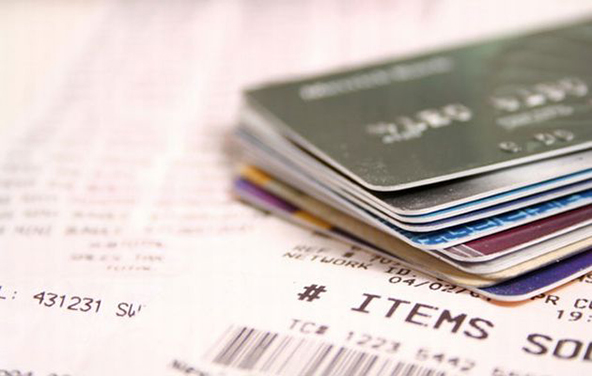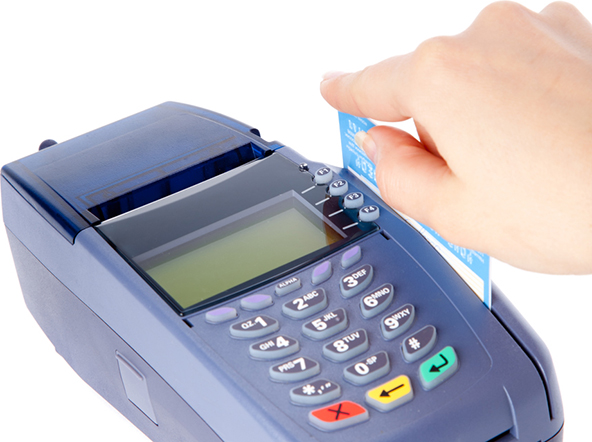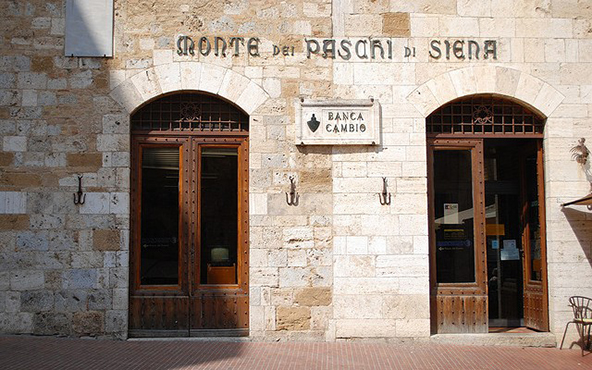What Every Merchant Needs to Know about Exception Items

Not all credit card disputes are resolved through the chargeback process. There are alternative processes for recovering funds for the cardholder, merchant or the issuer, which are known collectively as “exceptions.”
Unlike chargebacks, in which the disputed amount is immediately charged to the merchant’s account, exception items have no financial impact on the affected merchant until the issue is resolved. Let’s take a look at how exceptions are processed.
When Is the Exception Process Used?
Typically, credit card disputes are resolved through the exception process in the following situations:
- The time frame for initiating a chargeback has expired.
- The re-presentment time frame has expired.
- A previous chargeback was re-presented, but the cardholder continues to dispute the transaction.
- There is a violation of a Visa or MasterCard rule, for which there is no chargeback reason code.
Processors handle exception items outside of the chargeback management system, however the merchant will see them designated as a chargeback, with an assigned reason code (e.g. Reason Code 98).
How Are Exception Items Processed?
The two Credit Card Associations handle the process differently.
- Visa does not allow second chargebacks, so when a re-presentment is refused by the issuer, it is returned to the processor as an pre-arbitration or arbitration item. If the processor determines that the item should be accepted, it will forward it to the merchant.
If, however, the processor decides that the item can still be challenged, it may request additional supporting documentation from the merchant. The new documentation is then sent on to the issuer for review and the dispute may at this point be resolved. If, on the other hand, the issuer does not accept the pre-arbitration response, it will initiate an arbitration case with Visa, which is the final stage of the dispute resolution process. - MasterCard does allow a second chargeback and when the processor receives one, it will review the item and determine whether to challenge it or not. If it does challenge the chargeback, it will initiate a pre-arbitration attempt, which must be done within 30 days of the chargeback origination date.
If the issuer does not accept the pre-arbitration, the processor can submit the item to MasterCard for arbitration.
MasterCard’s and Visa’s arbitration decisions are final.
When Can Your Processor Initiate an Arbitration Case?
Your processor can request arbitration in any of the following situations:
- Credit has been issued to the cardholder.
- The original chargeback was issued for technical reasons.
- The necessary documentation is available to support your claim.
- The original transaction amount justifies a request for arbitration.
- Your processor has determined that the case will be ruled in your favor.
That last item is taken into consideration, because whoever is determined to be responsible for the chargeback, is also charged with all the fees associated with the arbitration case.
What Are Collection Items?
Collection items can be generated by either party of a credit card dispute when the applicable chargeback time frame has expired. These are good faith requests that the other party review and respond to the presented documentation.
Under Visa and MasterCard rules, to qualify for collection the chargeback at issue must be for an amount above $50 and be less than one year old. However, each issuer can set its own minimum amounts and time frames for reviewing collection cases and some will not do it for amounts lower than $100 or chargebacks older than six months.
What Is Pre-Compliance?
Pre-compliance cases can be generated when a transaction violates an Association rule, for which there is no applicable reason code. Similar to collection items, pre-compliance cases can be initiated by either the issuer or the processor, typically for technical reasons.
If you are notified of a pre-compliance case filed by an issuer, you have 48 hours to dispute it or issue a credit. If, however, the case is caused by a technical reason (e.g. lack of an authorization approval), your processor will make a decision without notifying you.
A pre-compliance case can be filed on your behalf by your processor in cases where you have issued a credit, but the chargeback at issue can no longer be re-presented, because the applicable time frame has expired.
The Takeaway
Managing exception items is primarily your processor’s responsibility. As you see, for many of them you don’t even need to be notified. Of course, you do eventually find out about them, if there is a credit or a debit to your account.
The ability to professionally handle exception items is an underlying characteristic of good processors. It is especially important for higher-risk merchants to ensure that it is not ignored when evaluating prospective processors.
Image credit: Kicau-kacau.blogspot.com.


